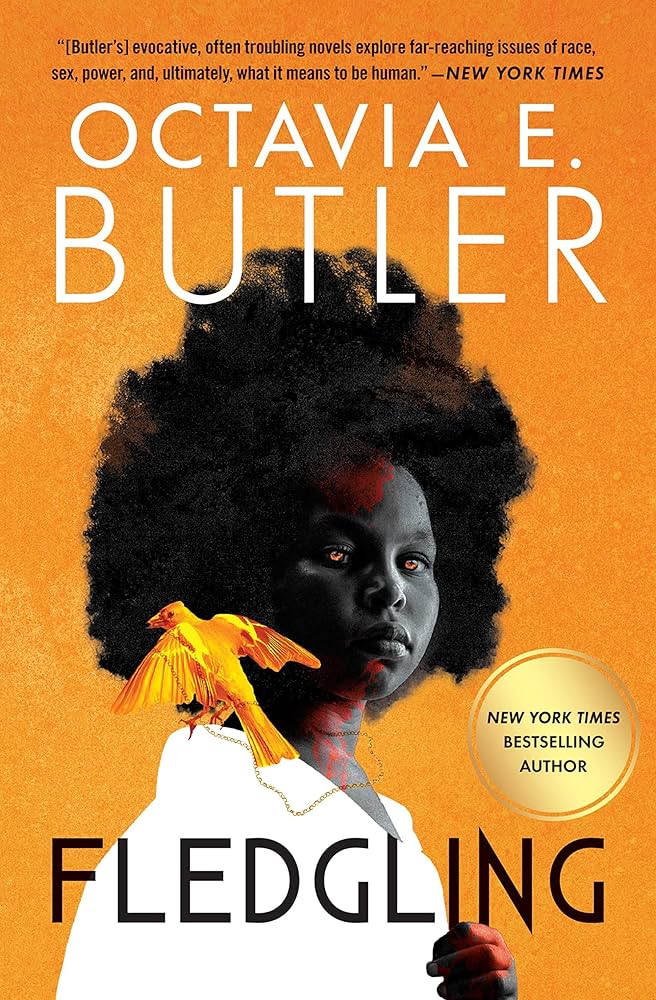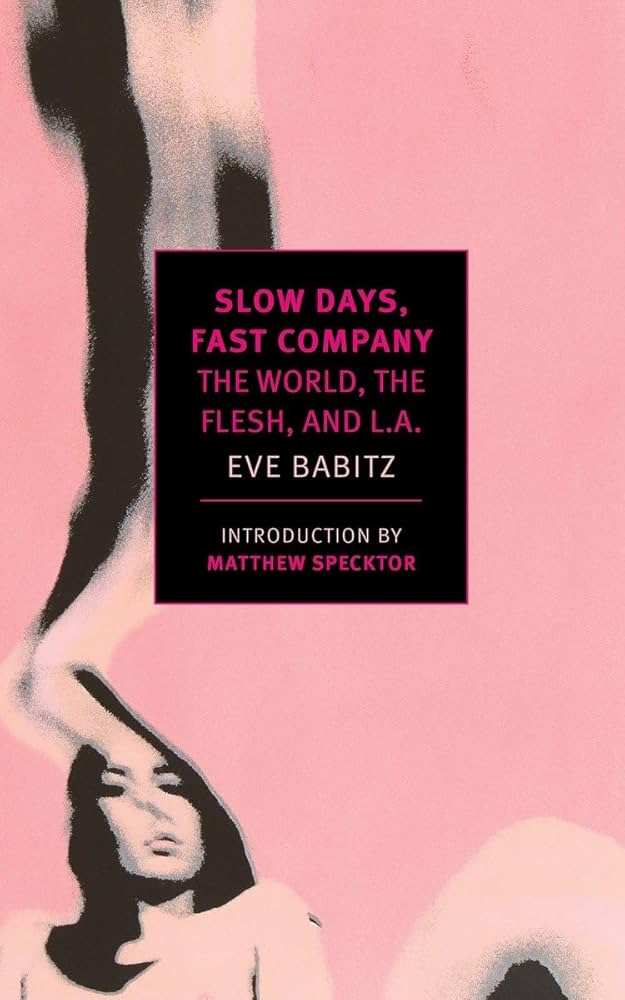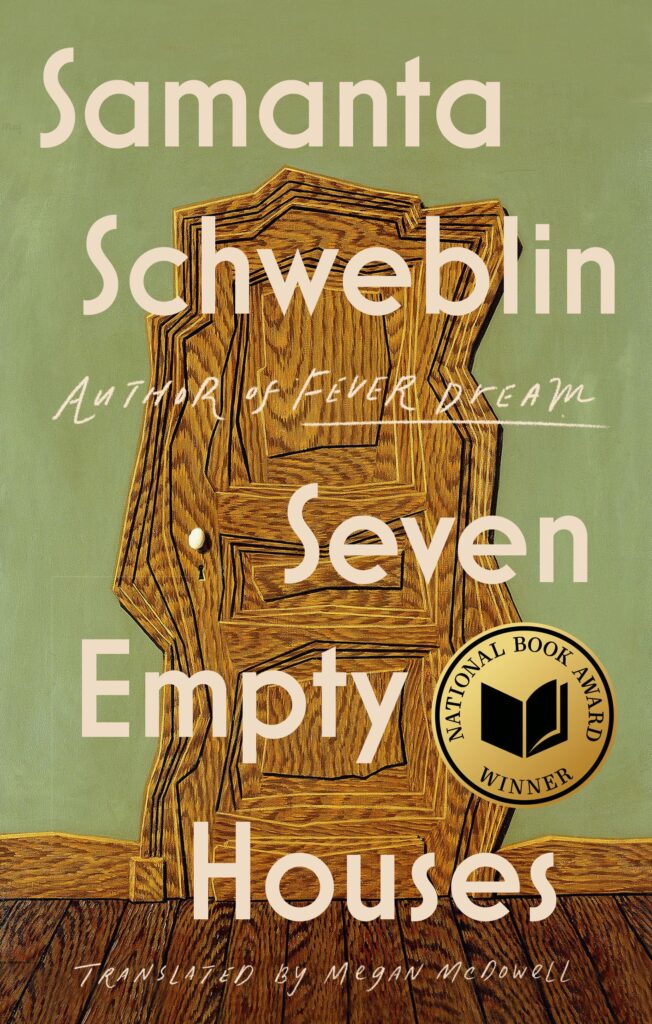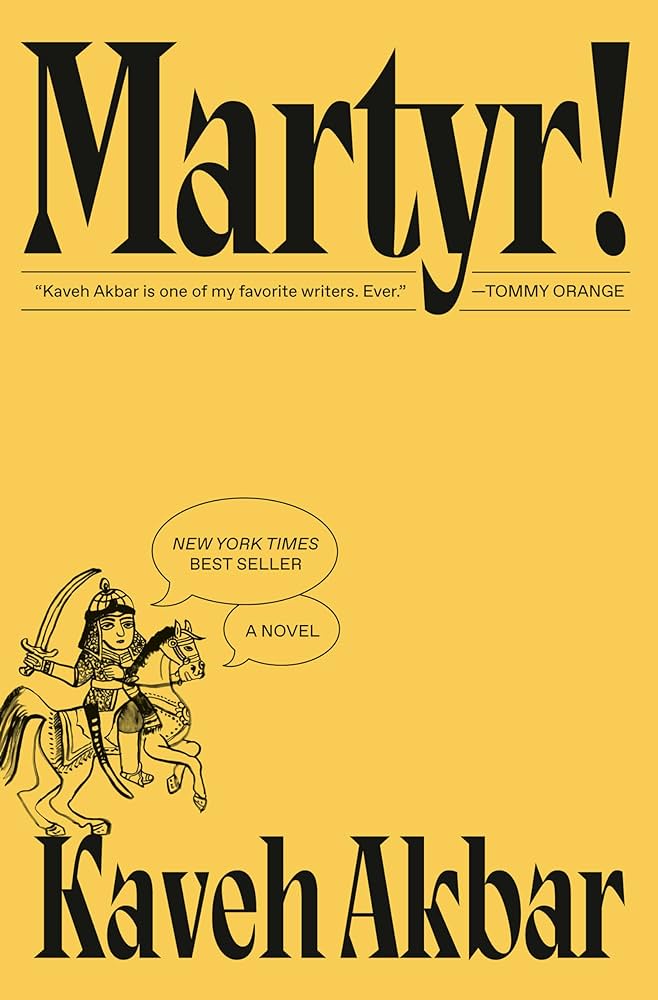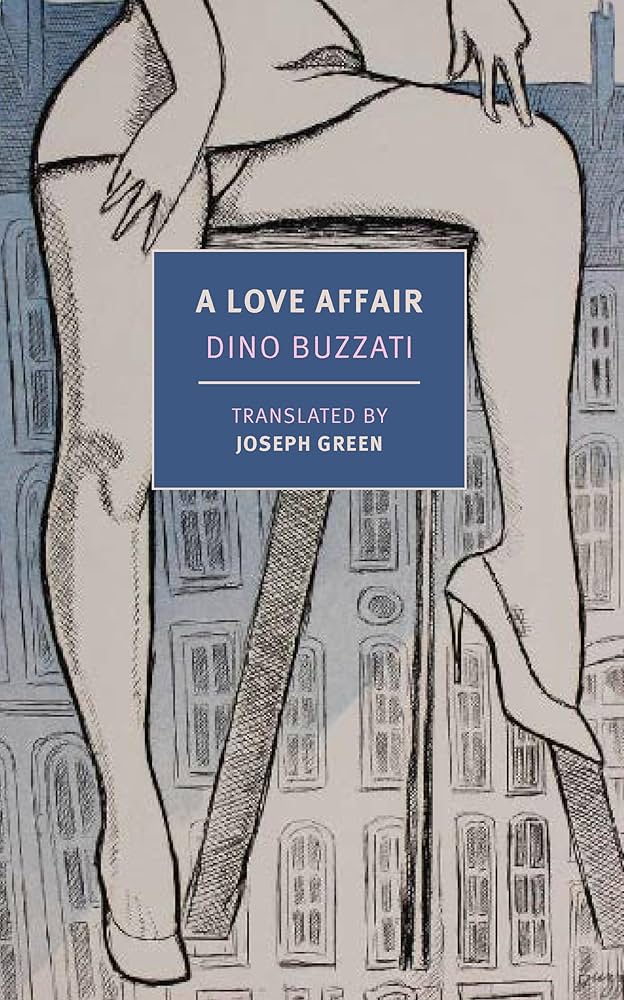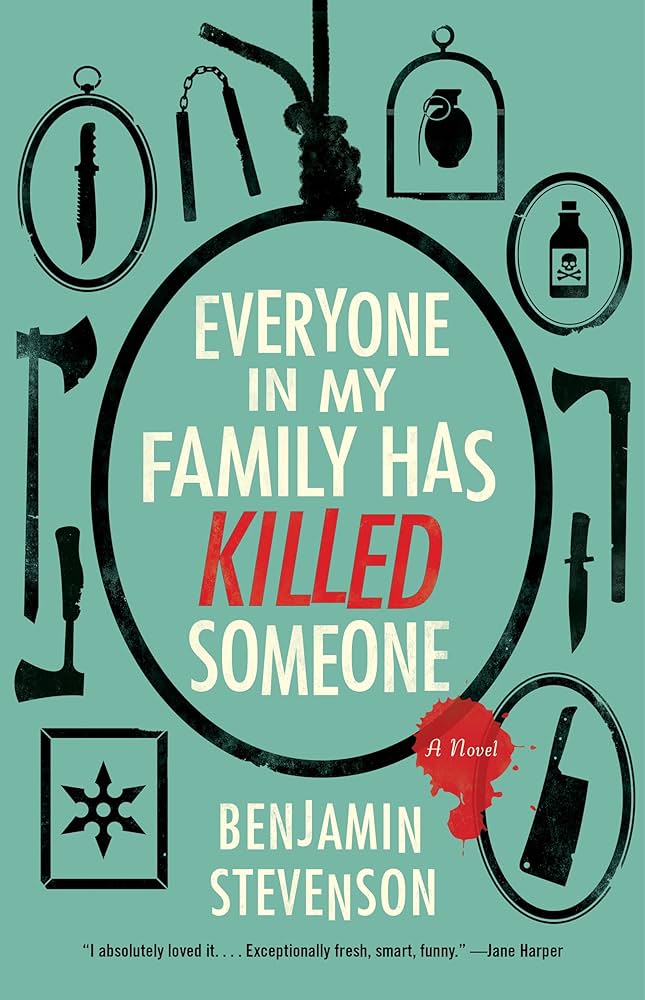I’m a fifty-three-year-old writer who can remember being a ten-year-old writer and who expects someday to be an eighty-year-old writer.
That’s how the ‘About the Author’ page starts at the back of this book. Butler died less than 6 months after it was published.
This is her last book, the first of a planned series. It’s one of her weirdest and most misunderstood, if the Goodreads reviews are anything to go by.
If you’ve only read Kindred and the Parable books, you’re not going to like this. (If you haven’t read those, seek them out, you’ll be glad you did). If you’re hoping for more Anne Rice or Twilight, look somewhere else. It’s the difference between The Hunger Games and Brave New World.
If you read and liked Dawn, this book will scratch that itch.
It’s the story of Shori – a 53 year old vampire who looks like she’s 11 (vampires age slowly). She wakes up severely injured, near death with full amnesia. She’s a vampire, but an Octavia Butler vampire: she’s Black, and her Blackness allows her to be awake and outdoors in daylight (with caveats). Almost all of the other vampires in her clan are pale skinned and blond. And she’s a very sexual creature. More on that in a minute.
That setup could be eye-rolling, but Octavia Butler is smarter than that. This isn’t (much) about racism. It’s about racism, yes, and also social hierarchies, politics, justice and systems.
But first it’s about race, gender and sex. Shori has a bunch of sex in this book, and it’s somewhat explicit. This seems to upset a lot of readers, who see some exploitation in it – but that’s the point. Butler is writing about how Black children are sexualized much younger than kids of other races. She’s writing about a woman in her 50’s being appealing and hypnotic to much younger men. There’s so much about jealousy, personal agency, and relationship dynamics in this book, and the vampires are a framing device. Butler writes cautionary tales and social criticism, not love stories.
Her writing is approachable, almost YA-level, and I think that cuts both ways – it draws people into an accessible story, and hits with heavy themes like Animal Farm or Lord of the Flies does – big ideas with low page counts, dressed up in colourful clothing. It also means a lot of people will miss the point. This isn’t her best book by any measure, but it’s much more nuanced and complicated than many readers expect.
Here’s Butler in an interview with Democracy Now!, shortly after this was published (it’s a great interview, read the whole thing):
I fell into writing it because I saw a bad movie, a movie called Devil Girl from Mars, and went into competition with it. But I think I stayed with it because it was so wide open. It gave me the chance to comment on every aspect of humanity.
For the record:

